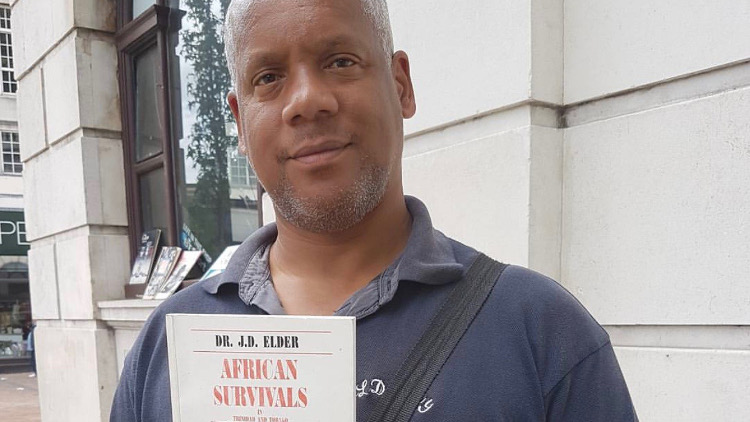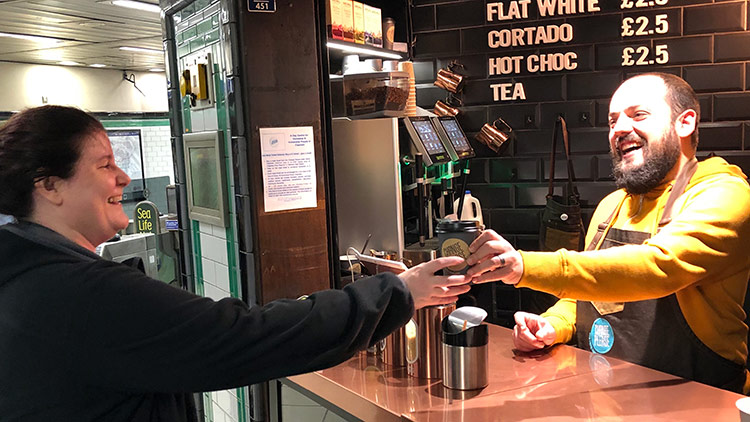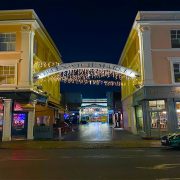Clapham’s ethnically diverse community was celebrated yesterday in a dedicated black history walk around the common.
Features of the walk included a visit to The African Academy which dates back to the 1800s, and the exploration of homes and establishments built from the profits of slavery.
The walk, organised by Tony Warner of Black History Walks London, also visited the Barclays and Hibbert estates, known to have been built with West Indian money.
From the appreciation of jerk chicken shops, to soul and British black civil rights; a participant of the walk sung the praises of the walk.
21-year-old Martha Adeboumba, a student and mural artist said: ‘There are so many other opportunities for communities to embrace their heritage, like the black power women’s march in Brixton next year that I plan on going to. These events bring the black community of Clapham and boroughs alike together. It gives people the chance to really explore their history.’
Adeboumba added: “The essence of areas like Clapham are rooted in the presence of the African and Caribbean communities.”
According to the organisers, the walk aimed to highlight “the African resistance present in the area and the appreciation that British black communities fought for equal rights just as hard as their American counterparts.”
Participants also visited The African Academy in Rectory Grove, Clapham; a school attended by boys from Sierra Leone between 1799 and 1805.

In modern day Clapham, the institution resembles imposing Georgian properties, yet in the 1800s, sons of African traders and families of i
nfluence attended the academy.
As stated by the Black History Walks organisation, “the presence of African aristocracy was particularly prevalent in 20th century London, yet the struggle of poverty stricken ex-slaves seems unparalleled to this.”
40-year-old Isata Sharka, activist and mother of two said: “Our Sierra Leonean community has had a presence for centuries, its history is now embedded in the culture of London. I would like, however, to see more walks empowering women and appreciating the role of women in the struggle.”
Sharka added: “We must embrace it, not run away from it.”
It seems this will indeed become a reality for protectors of women’s rights, when the Brixton black power women’s march takes place next year in March.
Tickets are currently available to buy for £10, and according to Black History Walks, the march will cover several revolutionary women including: Olivia Morris – a key figure in the fight for decent housing in Brixton, Claudia Jones – a campaigner and newspaper publisher, and the Black Panther Women of Brixton.
By the word of a Clapham woman, Sharka said: “The role of women in this struggle for equal rights has been severely marginalised, when in actual fact, black women supported and led the fight in housing, education, employment and media.”
This particular walk coincides with the 100-year anniversary of women having the vote, as well as 50 years since the assassination of Martin Luther King; said by Sharka to be “a historic moment to remember”.




